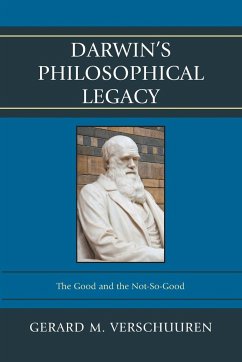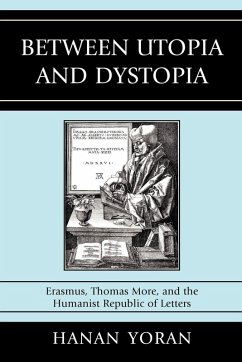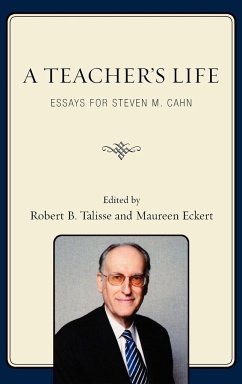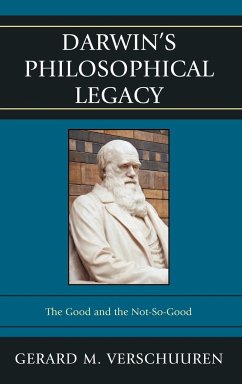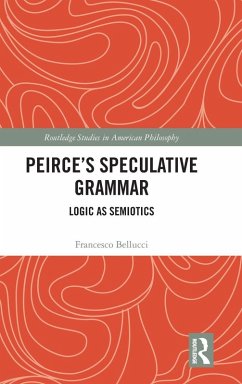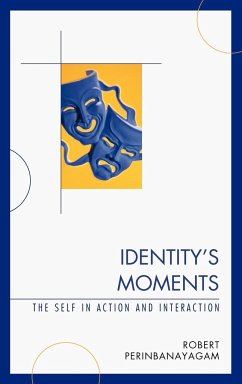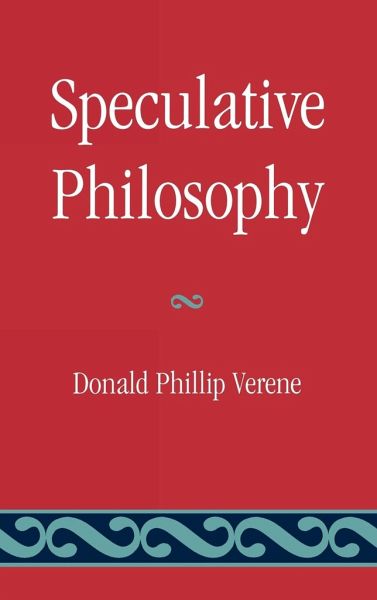
Donald Phillip Verene
Gebundenes Buch
Speculative Philosophy
Versandkostenfrei!
Versandfertig in 1-2 Wochen

PAYBACK Punkte
55 °P sammeln!





In this illuminating volume, Donald Phillip Verene challenges philosophy to pass beyond the limits of criticism and reflection toward a form of speculative philosophy that express the Hegelian sense in which the True is the whole and the Socratic sense in which the aim of philosophy is self-knowledge.
Donald Phillip Verene is Charles Howard Candler Professor of Metaphysics and Moral Philosophy and director of the Institute for Vico Studies at Emory University. His previous books include Knowledge of Things Human and Divine (2003), Hegel's Absolute (2007), Speculative Philosophy (2009), and The Origins of the Philosophy of Symbolic Forms (2011). He has been Visiting Fellow at Oxford University and is Fellow of the Accademia Nazionale dei Lincei, Rome.
Produktdetails
- Verlag: Lexington Books
- Seitenzahl: 176
- Erscheinungstermin: 16. Mai 2009
- Englisch
- Abmessung: 235mm x 157mm x 14mm
- Gewicht: 415g
- ISBN-13: 9780739136591
- ISBN-10: 0739136593
- Artikelnr.: 26182713
Herstellerkennzeichnung
Libri GmbH
Europaallee 1
36244 Bad Hersfeld
gpsr@libri.de
With imagination and learning, Professor Verene recalls speculative (or systematic) philosophy to the center of high culture. His foil is philosophy conceived as critical reflection and analysis, which objectifies its topic but leaves out its own account. Speculative philosophy, by contrast, cultivates the imagination of rhetorical creativity and the systematic learning of how things fit into a self-explaining whole, an inevitably tragic because always imperfect project. Vico, Hegel, Cassirer, and James Joyce are Verene's muses, although his discussion ranges through figures throughout Western philosophy from Plato and Aristotle down to Peirce and Whitehead. More than any thinker since Collingwood, Verene shows the humanistic heart of philosophy. I shall cite this book often, repeating its images and arguing them out to my own conclusions. -- Robert Cummings Neville, professor of philosophy, Boston University
Für dieses Produkt wurde noch keine Bewertung abgegeben. Wir würden uns sehr freuen, wenn du die erste Bewertung schreibst!
Eine Bewertung schreiben
Eine Bewertung schreiben
Andere Kunden interessierten sich für


